Teflon cables, often referred to as PTFE (polytetrafluoroethylene) cables, are known for their exceptional flexibility and a range of other desirable properties. When comparing the flexibility of Teflon cables to other types of cables, it's important to consider factors such as material composition, construction, and specific application requirements. Here are some key points to consider:
Flexibility:
Teflon Cables (PTFE): PTFE is a highly flexible material, even at low temperatures. It remains pliable and flexible across a wide temperature range, making it suitable for applications where flexibility is crucial.
Other Cable Types (e.g., PVC, rubber, etc.): The flexibility of cables made from other materials can vary. While some materials like PVC and rubber offer flexibility, they may not match the extreme flexibility of PTFE.
Temperature Resistance:
Teflon Cables (PTFE): PTFE has excellent thermal stability, withstanding both high and low temperatures. This makes it suitable for applications where extreme temperature variations are common.
Other Cable Types: Different cable materials have different temperature resistance levels. PVC cables, for example, may become brittle at low temperatures, while rubber cables may have a higher temperature resistance but might not be suitable for extreme conditions.
Chemical Resistance:
Teflon Cables (PTFE): PTFE is highly resistant to chemicals, oils, and solvents, making it suitable for harsh environments where exposure to corrosive substances is a concern.
Other Cable Types: The chemical resistance of cables made from other materials can vary. Some materials may be more susceptible to chemical damage.
Installation and Maintenance:
Teflon Cables (PTFE): The flexibility of PTFE cables can simplify installation in tight spaces or complex configurations. It can also reduce the stress on the cable during bending, potentially increasing the cable's service life. Additionally, the chemical resistance of PTFE can contribute to lower maintenance requirements in harsh environments.
Other Cable Types: Depending on their flexibility and material properties, other cables may require more careful handling during installation to avoid damage. Maintenance needs can vary based on the cable material and the environmental conditions in which they are installed.
In summary, the flexibility of Teflon cables, particularly those made from PTFE, is often superior to that of many other cable types. This flexibility can facilitate easier installation in challenging environments and contribute to the overall durability and reliability of the cable in various applications. However, the choice of cable should always be based on the specific requirements of the application, taking into consideration factors such as temperature, chemical exposure, and mechanical stress.

 ENGLISH
ENGLISH 简体中文
简体中文 GERMAN
GERMAN SPAIN
SPAIN
 +86 181-5747-1135
+86 181-5747-1135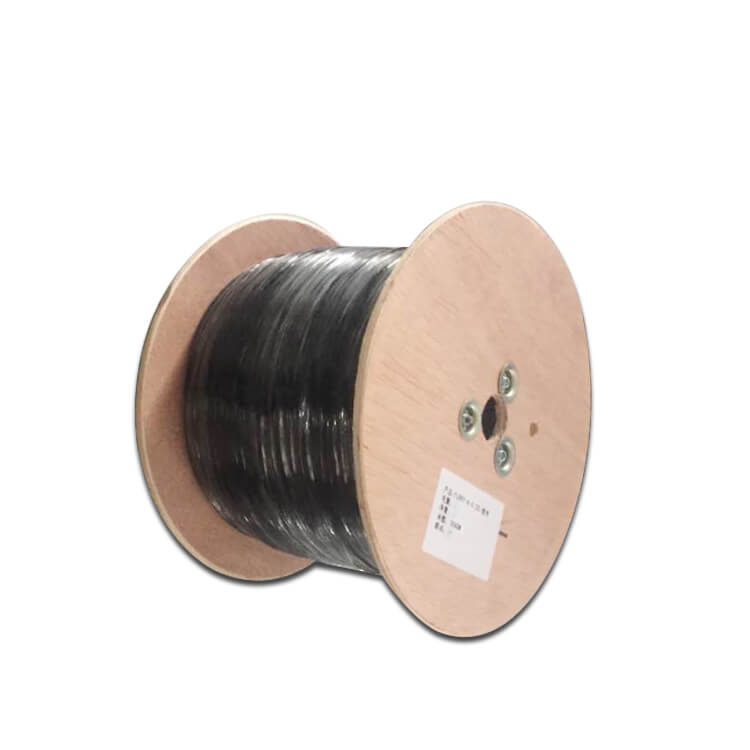
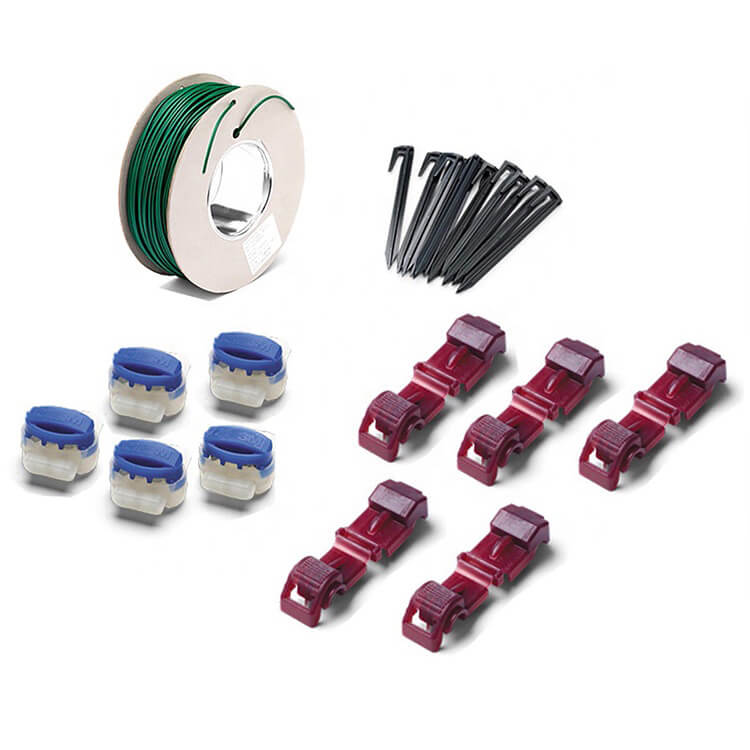
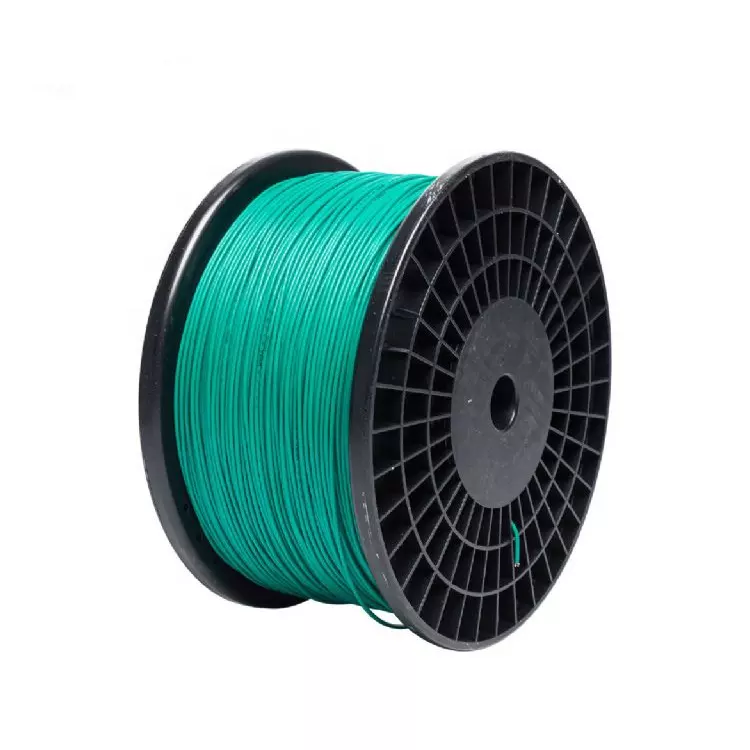



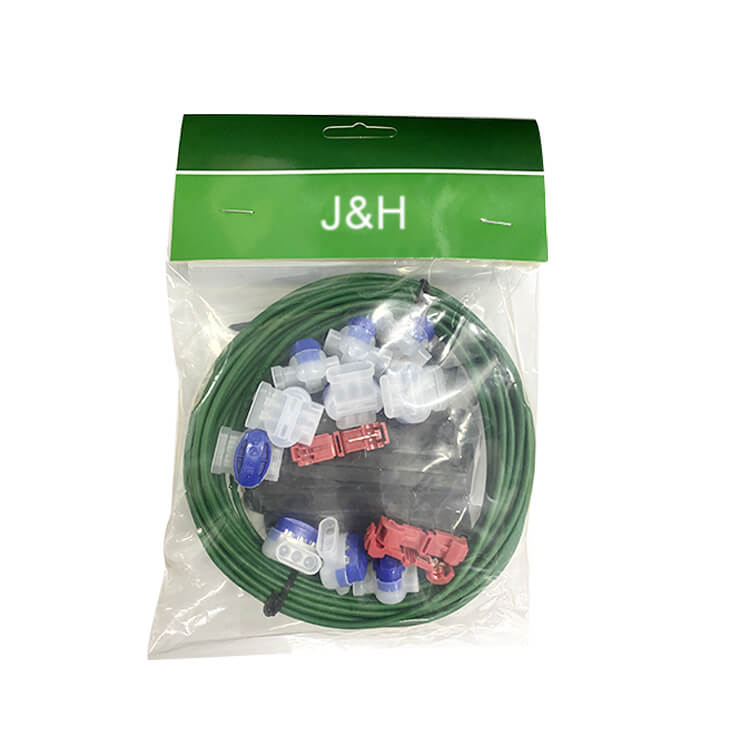
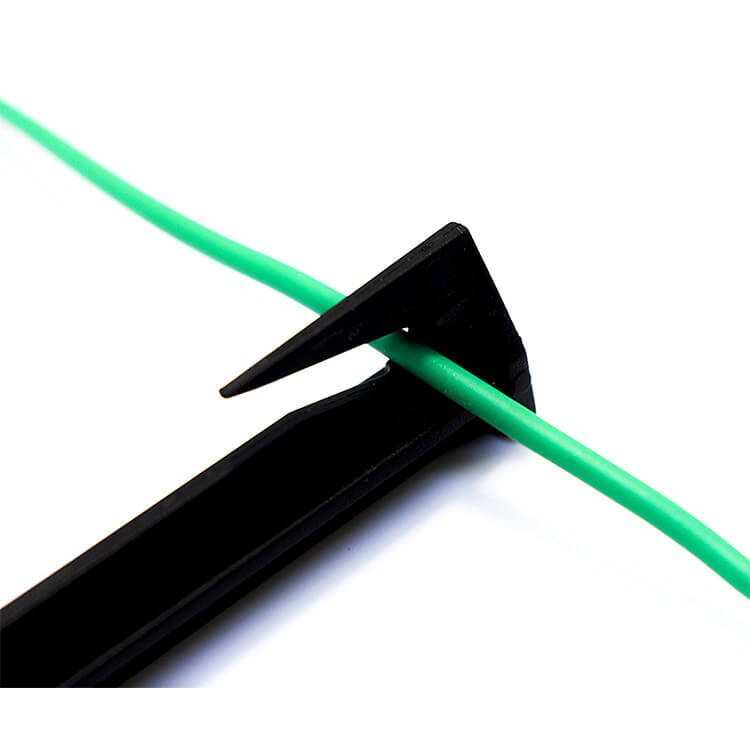
 Abroad:+86 181 5747 1135
Abroad:+86 181 5747 1135 FAX: +86 574 8900 7636
FAX: +86 574 8900 7636 E-mail:
E-mail: 

 read the map
read the map

